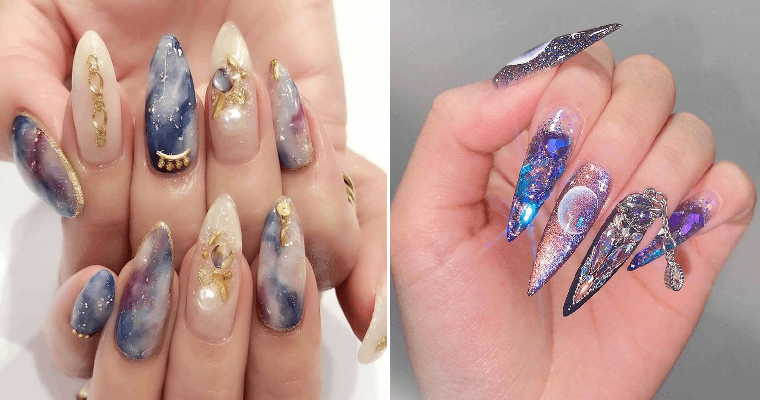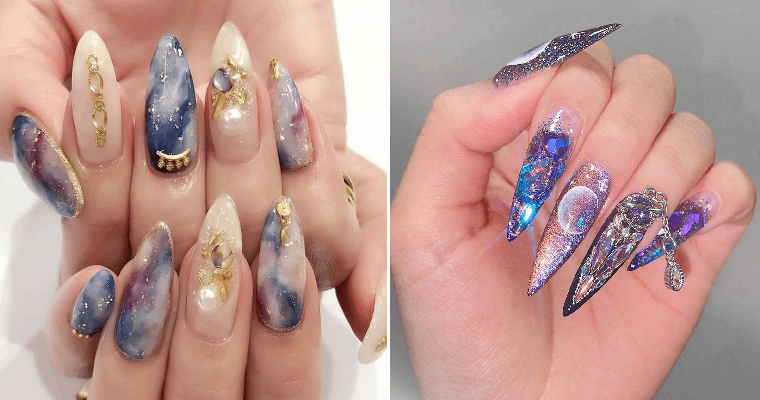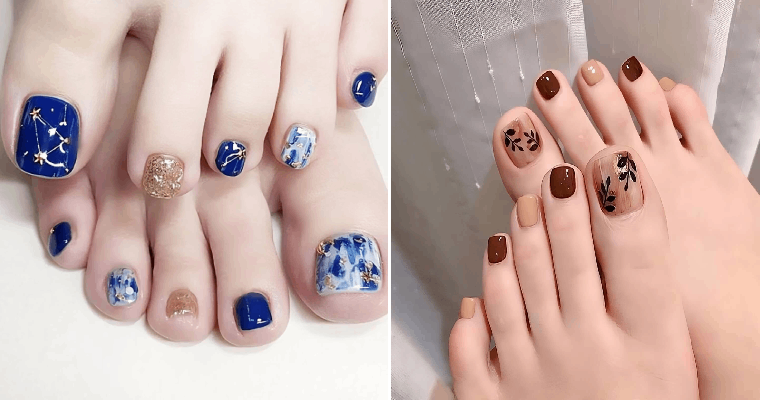LET’S BE honest – when was the last time you washed your make-up bag and gave your brushes a good scrub?
It’s a chore that many of us often overlook and probably haven’t done for much longer than we’d like to admit, but now a study has revealed just how dirty your make-up bag actually is – so prepare to be horrified.

This shocking picture shows the bacteria on an uncleaned make-up bag, compared to a swab of a toilet

If you can’t remember the last time you washed your make-up bag, you’ll want to listen upCredit: Getty
Recent research undertaken by Spectrum Collections has revealed how dirty our make-up brush storage areas really are, so get ready to reach for the soap immediately.
To highlight the importance of cleaning these make-up tools, the team used two sets of foundation brushes for the experiment, cleaned and uncleaned – with swabs taken at the end of the two weeks.
Looking at five different areas, which included a vanity holder in the bedroom, a make-up bag, a make-up brush bag, a brush drawer and a holder in the bathroom, the study revealed the unclean make-up brushes contained either the same or more bacteria than a toilet seat.
Results from the samples revealed all unclean make-up brushes had potential traces of E.Coli, yeast and mould which can lead to fungal infections, while the clean make-up brushes had significantly less bacteria present.
Discussing how often Brits keep on top of cleaning, Spectrum questioned its own customer base of over 500,000, with 40% of respondents revealing they only clean their brushes every two weeks and 20%, every one to three months.
Discussing why it’s so important to keep on top of cleaning our make-up brushes, the brand has partnered with Cosmetic Scientist Carly Musleh to reveal the impact these dirty make-up tools can have on our skin.
Carly explained: “Many of us use make-up brushes daily to apply a variety of different products but often leave them weeks or months before they are cleaned.
“Studies have shown the average make-up brush can contain dead skin cells, oil and bacteria which can be transferred between the product and the face.
“Additionally, where, and how we store them could add further implications.
“Not all bacteria are harmful, the human skin microbiome contains many different types of microbes which can help maintain a healthy skin barrier and protect us from pathogenic microbes that cause infections.
“Using dirty brushes could increase the risk of causing an imbalance to the healthy microbial community and lead to an increase in the number of pathogenic microbes which could cause breakouts or more serious issues like impetigo or Staphylococcal (Staph) infections.
“To reduce the build-up of bacteria it is important to clean make-up brushes regularly.
“Be sure to clean the centre and towards the base of the brush as this is often missed and can be where bacteria accumulate.
“Never submerge the ferrule (the metal part) as it can damage the brush. After washing, allow them to dry either on their side or upside down and store them in closed containers to reduce the risk of contamination from other objects or airborne particles.”
Talking about the campaign, Hannah and Sophie Pycroft, co-founders of Spectrum, said: “It was really important we did this campaign to visually highlight how dirty our make-up brushes actually are.
“There is a real need for more discussion about the importance of cleaning make-up brushes.
“It was not surprising that through our research it revealed that many of us don’t keep on top of this cleaning – with it being apparent that many of us don’t understand the impact not cleaning our brushes can have on our skin.
“It’s incredibly important to clean make-up brushes at least once a week to remove any bacteria present in the brushes.
“We’re all guilty of leaving it a bit too long.
“However, we hope with these images, this will encourage everyone to clean their brushes a bit more and with the next stage of our campaign, revealing what specific strain of bacteria is present in these swabs, this will also help to drive the message home even more.”

The study shared that an uncleaned vanity pot harbours much more bacteria than a toilet

The inside of a make-up brush bag also had more bacteria than the toilet swab

The cleaned make-up brush bag showed a distinct lack of bacteria, compared to the uncleaned bag








